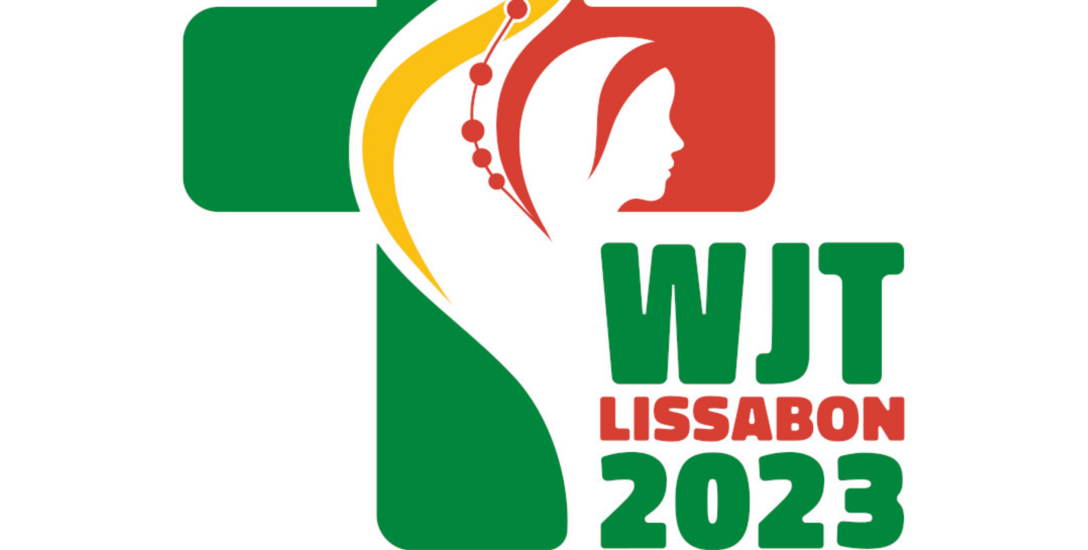Synod Gerontocratic elite stuck in the 60s do not speak for Catholic Youth
Today's youth - hope for the future
In France, only a few Catholics under the age of 40 took part in the worldwide survey ahead of the upcoming World Synod of Bishops. Pope Francis wanted to know from the faithful what expectations they have of the Church. In view of the lack of a mass of responses, the president of the French Bishops' Conference, Archbishop Eric de Moulins-Beaufort, urged caution about the results. "We must be careful not to listen only to the older generation," writes the Archbishop of Reims in the "Herder Korrespondenz".
Meanwhile, the French Catholic daily "La Croix" had a representative survey conducted of the registered 30,000 French participants in the World Youth Day in Lisbon in August. The results clearly differ from some expectations. The young men and women surveyed registered via the Bishops' Conference, via the new spiritual communities "Emmanuel" or "Chemin Neuf" and via the "Priests' Community of Saint Martin". They were asked about their expectations of the Church, spiritual sensitivities, political orientation as well as their view of sexual abuse in the Church.
According to the rather liberal "La Croix", the figures paint a picture of "fervent young Catholics swimming against the tide"; they are "fervent and against the grain". This distinguishes them from previous generations. Moreover, most of the interviewees came from practising, conservative families with a high level of education. Unlike older Catholics, these young believers did not expect the Church to change, as the survey in the run-up to the World Synod of Bishops suggested.
"What role should the Church have in society?" the newspaper asked. 59 per cent of young Catholics chose the answer option: "a beacon of light that shows the way in the darkness". Thus, more than a third of the respondents believe that sexual abuse in the Church has no structural causes, but is "the result of evil personalities who have betrayed the Church and betrayed their vocation".
Ordination of women in the Catholic Church is thus rejected by two thirds. In contrast, more than half of the respondents have already seriously considered the personal question of a spiritual vocation. According to the survey, 80 per cent of World Youth Day participants said they take a moment every day to pray.
According to the survey, 75 percent attend Mass weekly, 24 percent of them even more frequently. Thus, the divine service occupies a central place in the lives of young practising Catholics. The followers of the so-called "Old Rite" are not included in the survey, as this is not celebrated at WYD. All the more surprising is the result that this form of liturgy is nevertheless appreciated by 38 percent. Only twelve percent see it as a "senseless step backwards".
The spiritual shift among younger Catholics is also accompanied by a political change - towards a socially committed, communitarian conservatism. Thus, 52 percent of those surveyed place themselves more to the right of centre or even in the right-wing conservative camp (14 percent). Here, the presidential candidate, Eric Zemmour has recently also found resonance among young people in the Catholic camp. This also seems to be reflected in the survey among WYD participants. Among the respondents, the political left only has an approval rating of 7 percent; the Greens of 5 percent.
These figures are also likely to influence the debates at the World Synod. The survey is linked not least to a media charm offensive by Catholic France. The editor-in-chief of "La Croix", Jerome Chapuis, will not emphasise in vain that these young people are committed to society and often to the poorest. The journalist interprets "their zeal and high aspirations first and foremost as encouraging signs of vitality".










.jpeg)

Comments